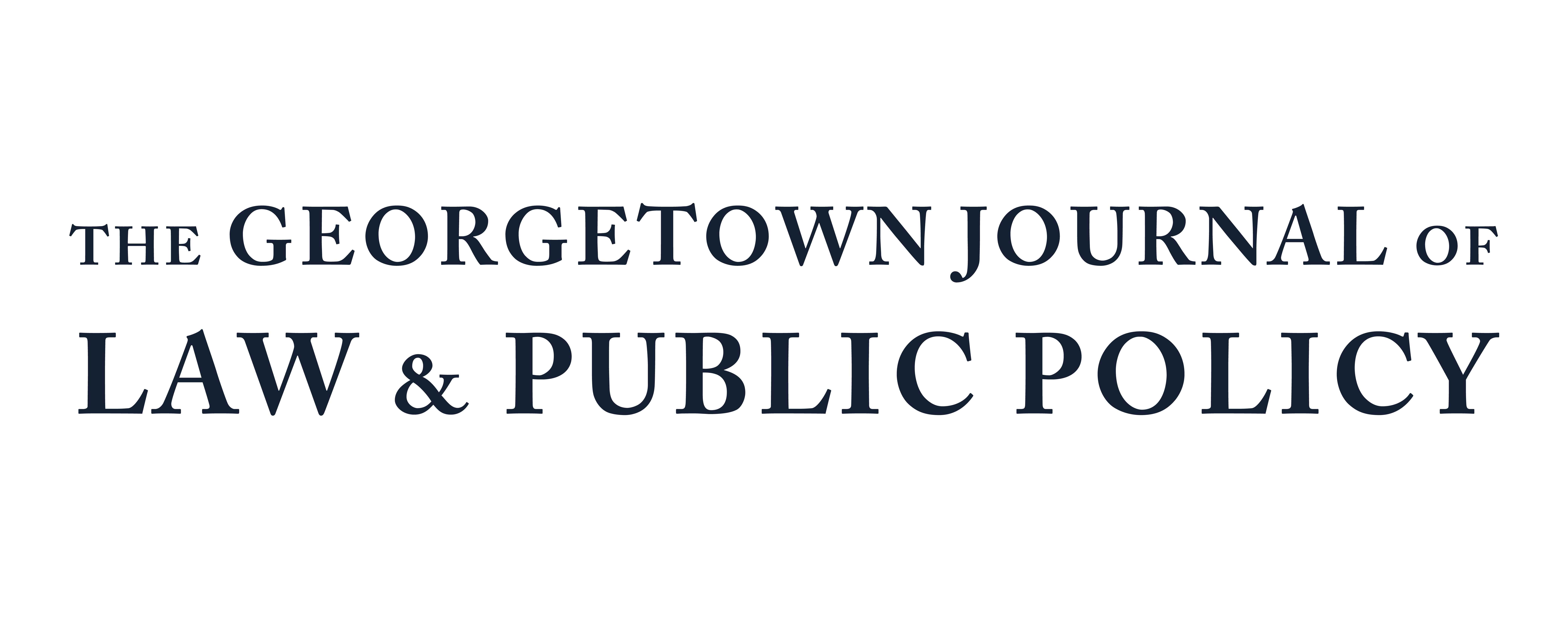Ethical Choices Inside Regulatory Cost-Benefit Analysis
Although much has been written about the ethical implications of choosing to use cost-benefit analysis as a regulatory decision procedure, the ethical choices made “inside” cost-benefit analysis tend to be obscured by the technicality of cost-benefit procedures. Indeed, Congress, courts, and commentators often treat cost-benefit methodologies as either negligible or as falling well within the ambit of technical agency expertise. While the practice of cost-benefit analysis does implicate substantial technical skill, a number of internal methodological decisions, particularly about valuation, are fundamentally ethical choices as well. Such ethically weighty choices include scoping decisions about whether to consider a global or only domestic scope of harms; benefits transfer decisions about whether to value mortality risks differently depending upon whether the people at risk are poor or rich; and whether to value people’s altruistic preferences about others. In some cases—as where agencies have adopted income- blind methods for valuing mortality risk, so that risks to the rich and the poor are treated the same—regulators’ ethical choices may map onto common ethical intuitions. In other cases, however—as where regulators have chosen to purposefully excise people’s “other-regarding” or altruistic preferences— regulators’ ethical choices may be worrisomely removed from most people’s ethical intuitions and resulting preferences. These seemingly technical “trans- economic” choices—which in fact imbed potentially controversial ethical positions—can have extraordinary practical impacts. As an example of such impacts, the essay points to a concern that traditional excising of other-regard-ing preferences from regulatory cost-benefit analyses may undermine the ability of the regulatory state to adequately account for the type of harms that COVID- 19 generates. This is because current practices fail to recognize deeply held ethical commitments and resulting preferences, including preferences not to cause harm, and to observe special obligations where there are close personal relationships. In the ongoing global pandemic, where infectious disease passed through close contagion raises the tragic and pervasive risk of people killing and harming their loved ones, the implications of current practice are particularly disturbing.
Keep Reading Ethical Choices Inside Regulatory Cost-Benefit Analysis
Subscribe to GJLPP
